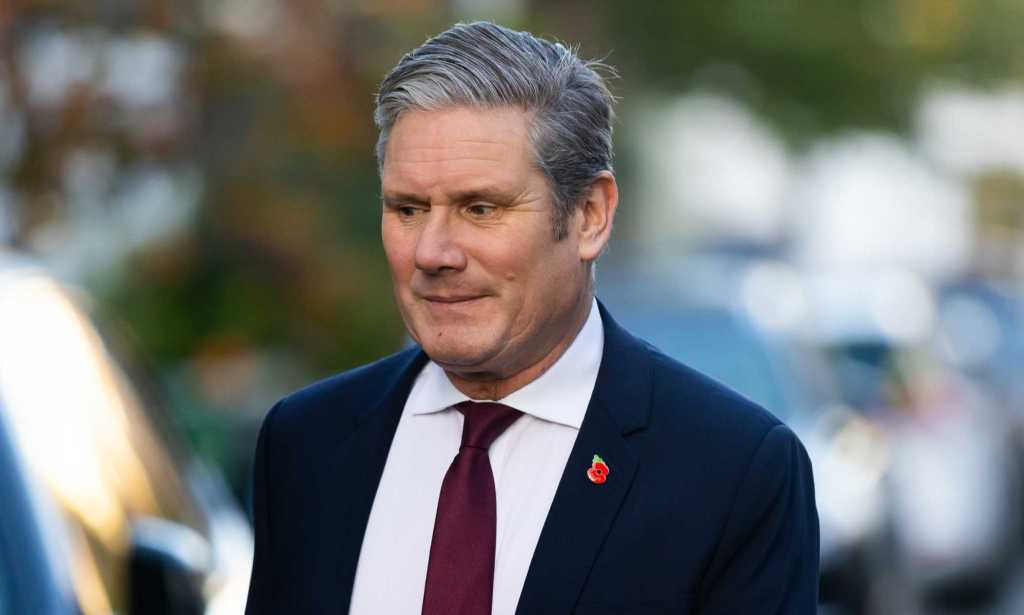Labour’s Keir Starmer backs trans sports bans: ‘Common sense has to prevail’

Keir Starmer has backed a ban on trans women in sport (Dan Kitwood/Getty Images)
Keir Starmer has said he supports a ban on trans women competing in women’s sports.
In recent months, a number of major sporting federations, including Badminton England, British Rowing and Swim England, have barred transgender women from competing.
The Labour leader has previously remained coy on the issue, but during a visit to a school in his Holborn and St Pancras constituency on Monday (11 March), he told The Telegraph that he is “supportive” of the bans.
“The important thing is that sports governing bodies take a lead on this,” Starmer said. “And they are doing that, and we’re supportive of what they’re doing, particularly in elite sport.
“That’s where the decision should be taken, and, in the end, common sense has to prevail in terms of safety and integrity of sport.”
Labour once stood firm on transgender rights but amid the increasing politicisation of trans lives the party has backtracked, U-turned and obfuscated on key issues.
Last April, Starmer was accused of “throwing trans people under the bus” following an interview where he controversially said: “For 99.9 per cent of women, it is completely biological … and, of course, they haven’t got a penis”.

During the same interview, he appeared to throw his support behind outing trans youth to their parents, saying: “Of course I’d want to know. I say that as a parent. I would want to know and I think the vast majority of parents would want to know.
“That’s why we have to have national guidance on it and they should try to make it cross-party, because it’s not helpful to parents or schools to have this as a toxic divide when what’s needed is practical, common-sense advice.”
This expanded on previous comments the Labour leader made three months earlier, when he insisted that 16 is too young for anyone to legally change gender, and that spaces must remain single-sex.
“Sex-based rights matter and we must preserve all those wins that we’ve had for women over many years, including safe spaces,” he said. “I’m afraid 16 is too young. People will have different views on this, but I think 16 is too young for that process. I would go for 18, the age of adulthood in most cases.
“But I accept – readily accept – that there are a small number of people who do not identify with the gender into which they were born and they are often among the most abused in our society.
“They should be respected, and there should be a process – as there is under the law – for them to be recognised in the gender [with which] they identify.”

In July, when asked further about his position on the “penis question”, Starmer told Radio 5’s Nicky Campbell that a “woman is an adult female”.
Phrases such as “adult female” and “biological women” are seen by many as a transphobic dog whistle and are used by anti-trans campaigners to stoke tension between transgender rights and women’s rights.
Labour’s position have been muddied by the party’s back-peddling on self-ID and reforming the Gender Recognition Act (GRA). In 2020, they issued an unwavering promise to “[update] the GRA, to introduce self-declaration for trans people”.
However, in a column for The Guardian three years later, shadow women and equalities secretary Anneliese Dodds said Labour will “modernise, simplify and reform” the legislation by removing “invasive bureaucracy, and simplify the process”.
She added that Labour’s vision of reform would keep the “medical diagnosis of gender dysphoria” as an “important” part of obtaining a Gender Recognition Certificate – confirming that the party no longer supports self-ID.
How did this story make you feel?

